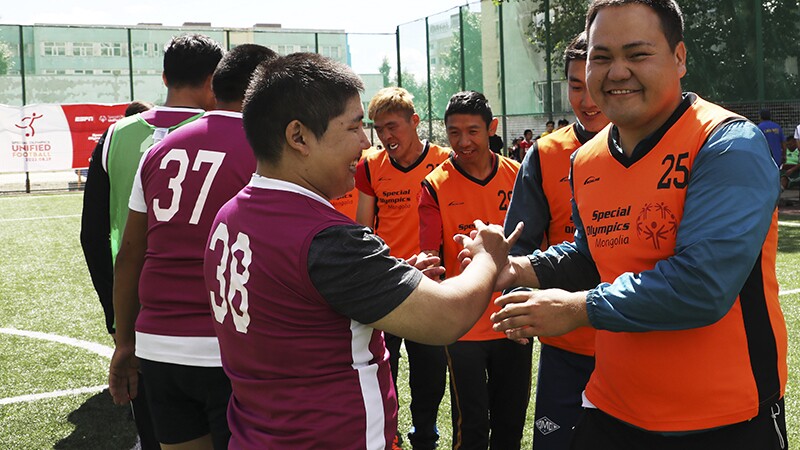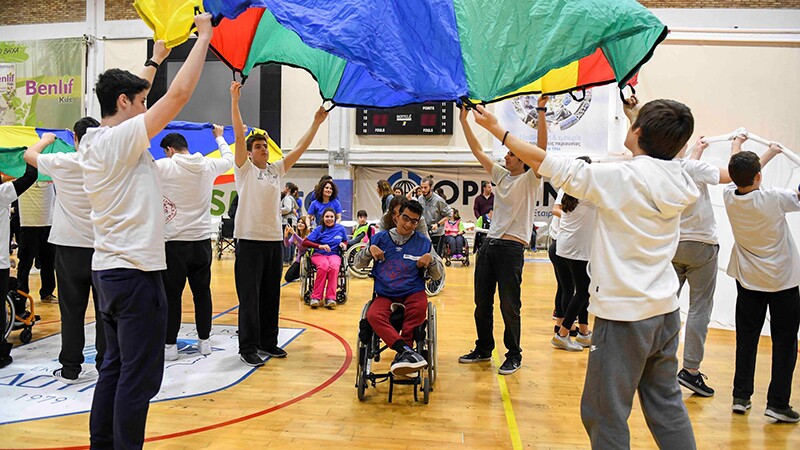
Special Olympics Calls for Increased Education Funding for People with Intellectual Disabilities
January 27, 2023
Special Olympics marked this week’s International Day of Education (January 24) with a worldwide call on governments to allocate 3% of education budgets to programs that promote social inclusion and fully integrate students with intellectual disabilities (ID). The United Nations Development Program estimates that 80% of all people with disabilities live in low-income countries and “remain underserved by education systems globally.”
Founded in 1968, Special Olympics is a global movement to create a world of inclusion and community, where every single person is accepted and welcomed, regardless of ability or disability. The organization uses sports as a platform for social inclusion and has an array of programs dedicated to ID integration, breaking down stereotypes and more. It supports over five million athletes and one million coaches and volunteers in more than 170 countries.
To help spur government commitments and to build truly inclusive classrooms and communities, it is convening a Global Leadership Coalition for Inclusion, funded by a grant from the Stavros Niarchos Foundation. In the coming months, this alliance of government leaders will develop inclusive strategies in education and child welfare and push for the policies and financing needed to make it happen.

Special Olympics believes that one of the best instruments for social inclusion is quality education. While many countries have made strides to meet the educational needs of children with ID, many others have not taken any steps at all. A recent UNESCO report showed that fewer than 10% of countries have laws that help ensure full inclusion in education. Additionally, 40% of the poorest countries did not provide support to disadvantaged learners during the COVID-19 pandemic, showing an exacerbation of exclusion.
“No nation has come close to achieving the widespread scale of truly inclusive classrooms and school communities: where children with intellectual disabilities experience social inclusion, where schools go beyond physical inclusion to create accessible and meaningful learning settings for all, and where students with disabilities are valued as full members of their school communities,” said Dr. Jackie Jodl, Chief Global Youth and Education at Special Olympics. She hails the organization’s Unified Champion Schools program's ability to make inclusive classrooms a reality.
Special Olympics Unified Champion Schools facilitates opportunities for students with and without ID to learn and work together in collaborative environments. The program serves over one million students in 152 countries and jurisdictions and has shown great success. According to data in Greece, students without ID were nine times more likely to say they could learn from people who are different from them, and in India and Kenya, more than 90% of students without ID reported an accepting mindset of those with differences.
It is this success, that Special Olympics is advocating for globally. The organizational statement intends to influence investment into programs like this so that governments can make meaningful progress on the implementation of the Convention on the Rights of Persons with Disabilities (UN-CRPD) - an international human rights treaty.
Special Olympics was a 2020 Beyond Sport Global Awards Shortlister